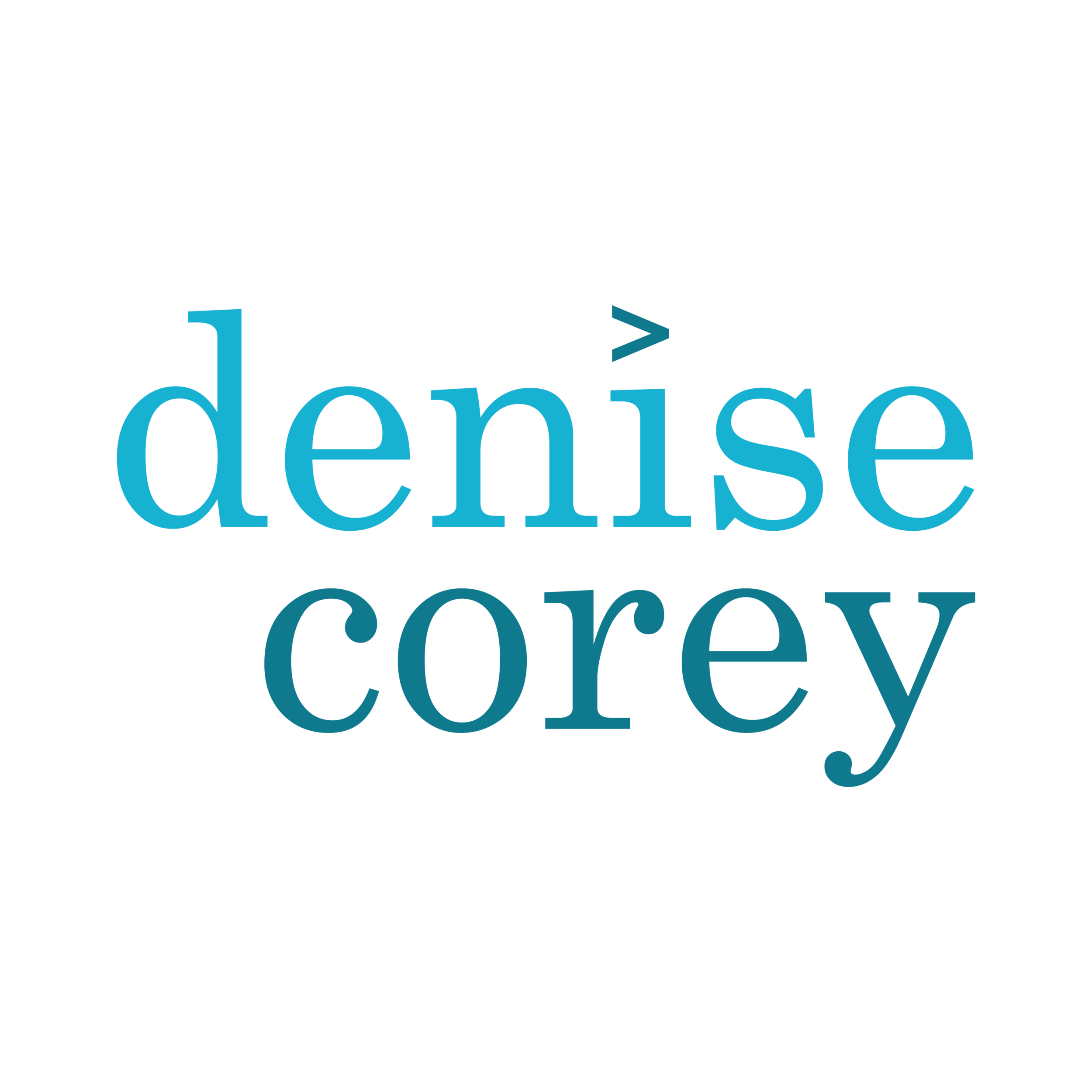Convert your I should to I did!
When my clients say "I should have..." during coaching sessions, they see it as an admission of personal failure, while I see it as a design problem. In many cases, "I should have" shows up because willpower, tenacity, or determination didn't sustain their plan. Of course, extraordinary events, a flat tire, a sick child, or a power outage, will play havoc on the best plans, but we rarely say "I should have known I would get a flat tire on the way to the meeting." And sometimes, obligations are thrust upon us that we pretend to accept but, we truly don't. The "I should have baked the brownies for the fair instead of buying some" should. In both of these scenarios, we acknowledge that we did not meet the stated intention, but we don't feel blame or shame.
But too often the plan we conceive fails because it was not designed to ensure success. The "I should have gone to the gym this morning, but I didn't get up in time." and under our breath, "and I don't have the willpower not to hit snooze."
Should have is an invitation to look more closely at the plan. While I do not eat at McDonald's, I am impressed with planning done to produce a burger in 30 seconds. The McDonald's brothers were obsessed with design. In the movie "The Founder" starring Michael Keaton, the brothers' were driven to perfect their kitchen layout. They drew countless floor plans on an empty tennis court and had employees pantomime kitchen operations until the placement of their fryers, tables, and even condiments was perfect.
The McDonalds committed resources in time, money, energy, mental toughness, and trial and error to design a layout to meet their goal. They did not rely on employees willpower, or intentions, but built an environment that made it impossible to miss the target.
When you hear yourself say "I should have" check your plan design. Find ways to add scaffolding so you are no longer relying on best intentions and willpower. If you're not a morning person, and the snooze button is your favorite alarm clock feature, don't rely willpower to get you out of bed for an early morning run. Instead, change your environment; hire a personal trainer to show you up at 5:45 am and get you up and going. If the goal is important enough, change the design, add resources and stop Shoulding all over yourself.
- denise
Watch this clip from The Founder and see the effort the McDonalds brothers put into designing their kitchen to ensure the success of their goal; a hamburger every 30 seconds.

